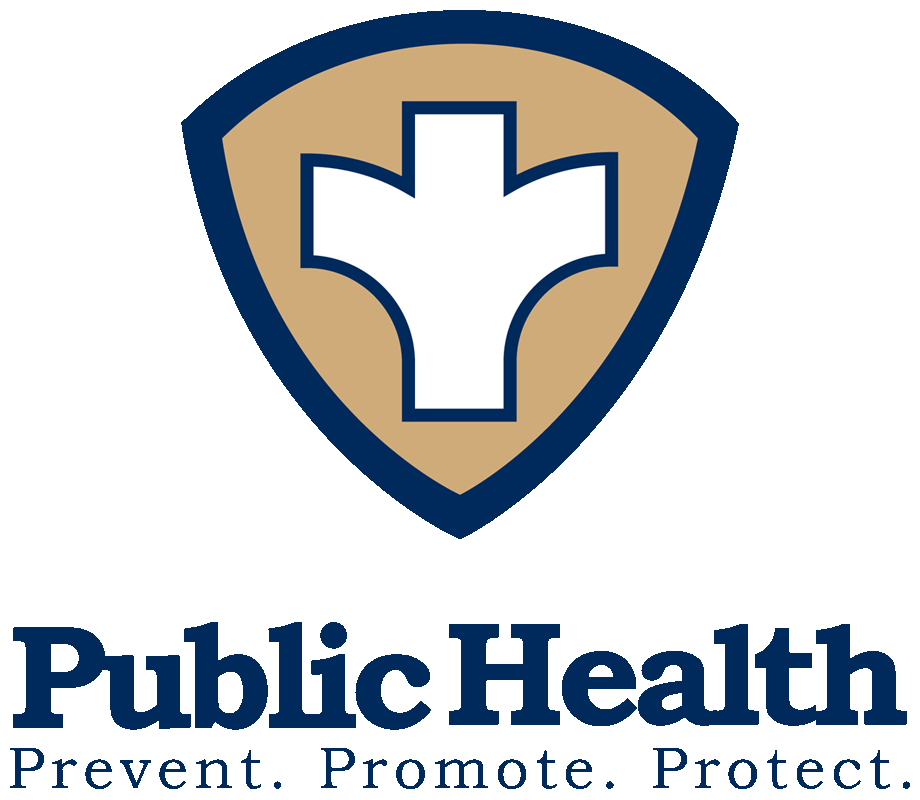A Local Doctor's Message on Getting the COVID-19 Vaccine
A Local Doctor's Message on Getting the COVID-19 Vaccine
El mensaje de un médico sobre cómo recibir la vacuna COVID-19
Dr. Maile Anslinger, an internal medicine physician in The Dalles, has a persuasive message when she talks to patients about the safety and effectiveness of the COVID-19 vaccine.
She tells them: “I took this vaccine, and I did have some side effects. Even when I didn’t feel well I was glad, because I knew it was working. I survived the vaccine so I can survive COVID. And I want you to get it too, so you survive.”
Dr. Maile Anslinger tells patients who are worried about the safety and side effects of COVID-19 vaccines that she got the vaccine herself.
The main concerns she hears from her patients are about side effects, so she is upfront that they can be expected, but that they are short-lived and better than getting COVID.
She recounts that she was a bit tired and had a headache after the first shot. After the second, she felt achy with a bad headache and a fever. So she went to bed early and felt fine the next day. “I acknowledge there can be side effects, absolutely, but they will pass.”
Another top concern she hears is about safety. “People want to know, is it safe? And they want to know how I know it’s safe. They’re worried it has not been completely tested. And they ask, ‘Isn’t it too soon to know if this is safe for us?’”
She said, “My response to that is, this may be a new type of infection, but vaccines aren’t new. We have over a hundred years of study to know how vaccines work in our bodies. And I try to tell people, ‘Think of a vaccine as like a drill. We’ve spent many years, especially the last 50, developing the best possible drills that we can. When a new infection comes along, it’s a little bit like changing out the bit. We already had the vaccine technology, and we know how they interact with the immune system. It’s like knowing how to plug in the drill and knowing how to turn on the drill. We just need the right bit to make it fit to the infection.’
“This is based on lots of solid science. It’s not brand new, it’s just a new infection.”
She said, “We know a lot about long-term vaccine safety,” and in fact, “These are being monitored more carefully than any other vaccine in our history.”
That was how the rare blood clotting disorder was found with the Johnson & Johnson vaccine. It was paused for 10 days and then returned to usage after officials found the benefits far outweighed the risks.
The clotting disorder is so rare Anslinger has only seen it twice in her 20 years in medicine. Neither instance was from a vaccine. It’s very serious, but can be managed, she said.
For the 15 women who experienced the rare blood clots, “that was really, really hard, but there are also 8 million people that didn’t have any problems and that’s really important to keep in perspective.”
Many patients wonder why they should get the vaccine if they still have to wear masks in many places. She said, “It’s important to remember that most vaccines don’t prevent infections completely in everyone. The COVID vaccines do a very good job preventing you from getting so sick that you have to go into the hospital, and preventing you from getting so sick you might die. However, with so many people still not vaccinated, and able to spread the infection, it’s best not to take a chance in indoor spaces with people who may have the virus and not realize they are spreading it. This is especially important for older people and those with health problems.”
While there were more fears a few weeks ago from patients that the vaccines might not protect well against variants, she said the question has died down as we learned it wasn’t as much of a problem and the story faded from the news. She tells them the vaccine may not be perfect, but she doesn’t want them searching for something perfect only to miss out on something good.
To patients who feel COVID is “overblown” or “just a bad flu,” Anslinger said even the flu can be dangerous and she’s had patients die from it. She tells patients to get the flu shot every year because of that, even though it’s been a long time since she had a patient die from flu. The COVID infection is a lot more dangerous, though, and she’s had patients very sick from it.
“I’ve had to sign death certificates for people in this community who died of COVID and I don’t want to do that for anyone else, I really don’t.” She tells patients that maybe someday, when they’re very old and it’s their time, she will sign their death certificate, “but not right now, not for this, if we can help it – and we can.”
One patient reluctantly asked whether the vaccine would affect her DNA (it won’t) or whether it might contain a microchip (it doesn’t.) She said it’s tempting to dismiss those concerns, but she knows “it’s hard to sort out what we should be scared of and what we can disregard.”
She empathizes with how people are “swayed by very passionate expressions of fear.” She encourages people to be thoughtful and ask questions of people who really know about the vaccine.
(For more information, please visit COVID-19 Vaccine in Oregon, contact North Central Public Health District at (541) 506-2600, visit us on the web at www.ncphd.org or find us on Facebook.)

